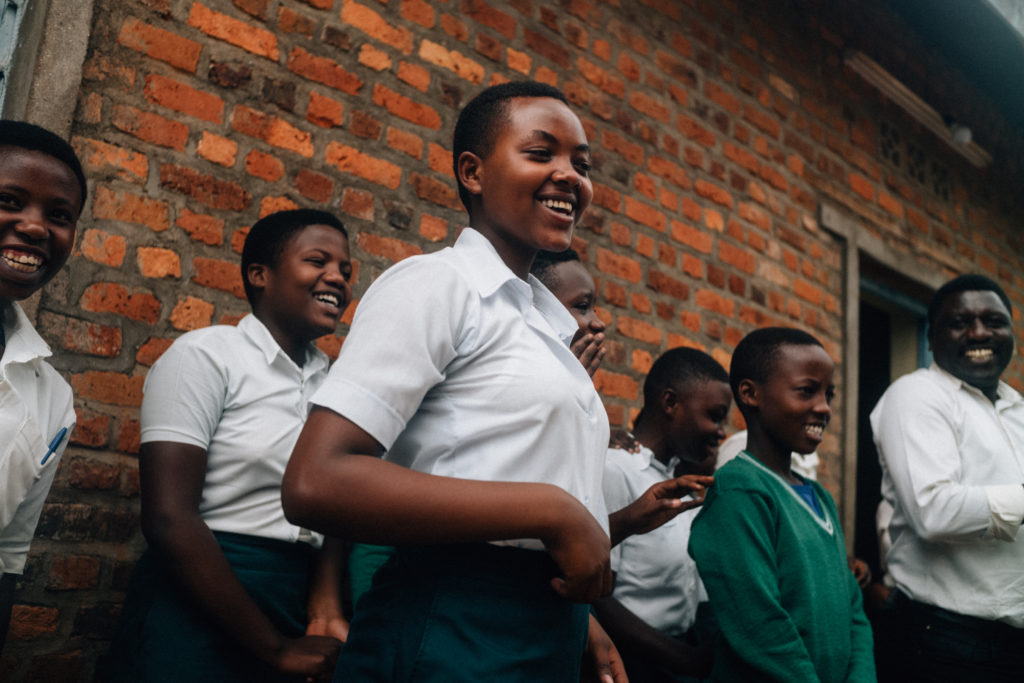
The whole world is currently fighting the coronavirus and it affects mainly the everyday life of all people. Everywhere, the effects of this pandemic and governments measures are hitting people hard.
At intombi, we are in close contact with our project partners in Rwanda and South Africa, because the virus is hard on the population there too. A lack of financial resources and poor hygiene make it almost impossible for people to contain the pandemic, which is now having devastating consequences for the already weak population.
True to our intombi motto “Girls for Girls”, we are there for each other in this difficult time too and would like to help those who especially need our support right now. You and us – together we can do a lot for girls on site. Are you in? In this blog article, find out from Fabiola and Ruth from Rwanda and Pam from South Africa which challenges the girl groups and families are currently facing and how you can help us with small means to support the girls on site.
.Enabling hygiene and sewing masks – resuming to everyday life in a protected way in Rwanda
We at intombi have long been connected to the East African country of Rwanda. There, we have had the goat project, among other things, since 2015, with which we support the local girls in their start into a successful future. But in times of the corona crisis, exactly this future is endangered, especially there. That is why we want to work with you to accompany and protect the girls through this time. Our local staff member, Fabiola (25 years old, from Mubuga) and a girl from our local girl group, Ruth (18 years old) tell you about the situation in Rwanda. But above all, they tell us exactly how we can work together to make the girls strong right now.
.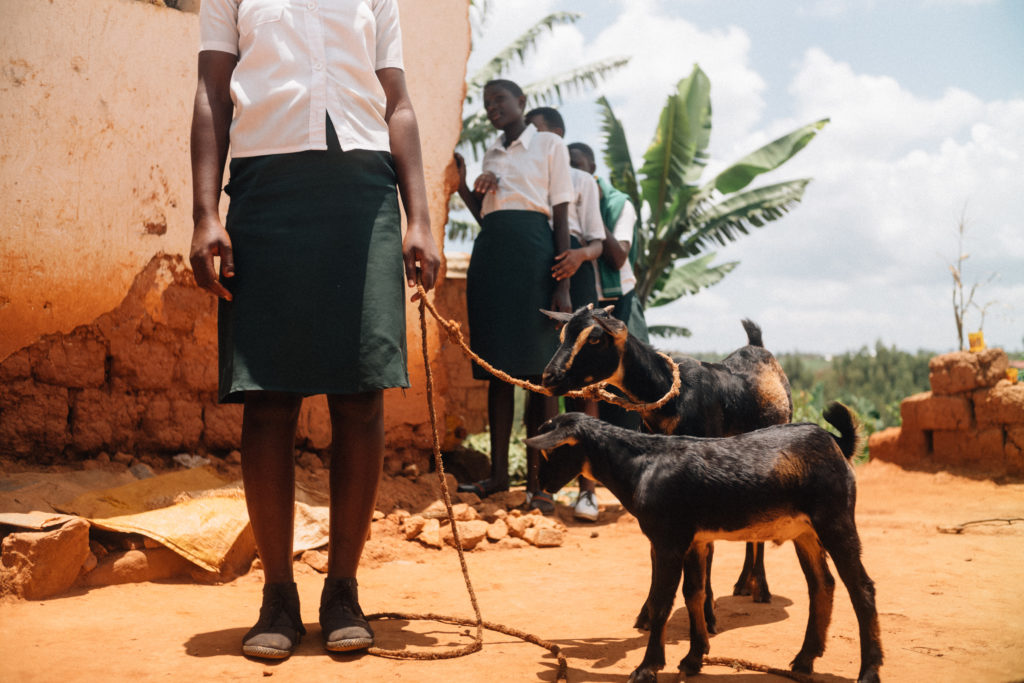
The biggest challenge is hunger and the lack of protection
The situation in Rwanda is very tough for many people, especially for the already poor population,” reports Ruth. Because with the nationwide lock-down, which has been effective since the beginning of March, all work that is not absolutely necessary for survival was stopped immediately. Everything remains closed except grocery stores, hospitals and alike. “There are more and more homeless people and people without food because their jobs have been stopped or they have been dismissed and they have no more money to support themselves or their families. Many have been trying to get to the capital Kigali in the past few days to find jobs, but there is no work there either,” Ruth explains.
.Although work, such as cultivating your own fields and caring for the animals is still allowed, everything outside one’s own home is also subject to strict regulations here. Thus, in Rwanda, it is mandatory to keep a safety distance of at least one meter, comply with hygiene regulations (i.e. washing your hands) and to wear a mask. “We respect government regulations and we all adhere to the measures,” Ruth assures us. At least as far as possible. Because this is exactly where the challenge lies. Especially in rural areas such as Mubuga, many people have no running water and no sanitary facilities. The masks are also not available, as there are only some in hospitals.
.Hand washing stations and masks for our girls – this is how we can help
“While the government tries to support many homes and families by distributing food or hand washing stations for example, these measures do not reach everyone. And it’s getting more and more difficult. The poor in particular are suffering more and more,” Ruth and Fabiola agree. This is exactly where we can start off together! We want to set up a hand washing station and provide soap for the families of our girls in Mubuga, who don’t have access to the necessary facilities for hand washing yet. In total, 156 families of our girls from the goat project still need one. We also want to train a small group of girls to sew their own masks. This way, they become multiplicators and can also sew masks for the other girls or even teach them how to sew.
.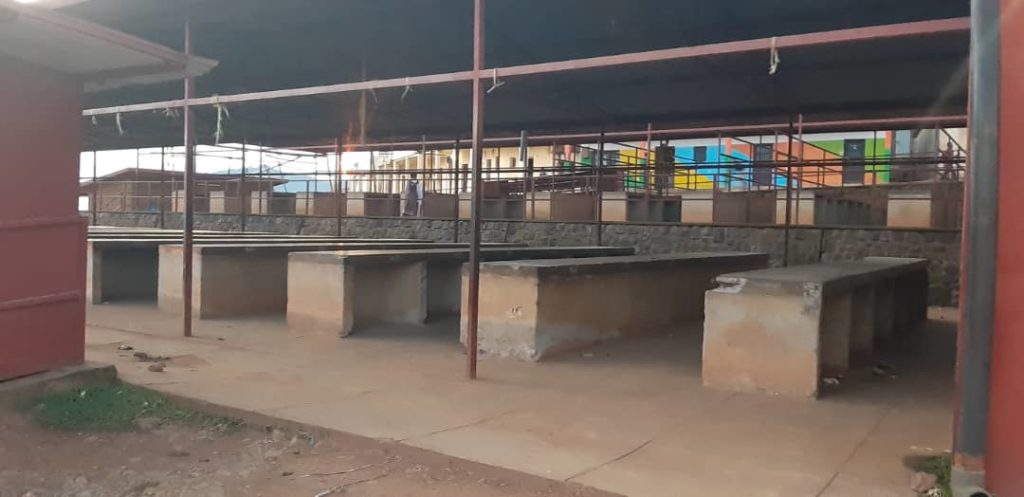
“A ray of hope is that no one has died yet from the coronavirus,” reveals Ruth. “Even if a lot of people got infected, many have already recovered because they have been well cared for and supplied. We hope that we will be able to get out and work again very soon. And that everything can get back to the usual everyday life,” conclude Ruth and Fabiola.
.At times like these, we all have to stick together. I would like to share my know-how and thus help people to help themselves
Charlotte
Helping people to help themselves – Charlotte offers an online course to sew masks yourself
Charlotte (22 years old, from Cologne) is a tailor and would like to support us in teaching the girls on site how to sew masks using instructional videos and video calls. “The masks are used to protect against rapid infection. They are becoming scarce all over the world. For these reasons we have to take care of ourselves,” she explains. “I would like to support intombi and the girls in Rwanda and South Africa so that they can protect themselves.” In Germany, Charlotte and her friends volunteered to sew and donate 150 masks for an retirement home. We think that’s a really great effort and we are very happy to have them on board for our projects!
.
Hilfe ganz konkret: So können wir die Mädchen in Ruanda und Südafrika gemeinsam unterstützen und dafür brauchen wir Dich!
Every donation counts!
This is how your donation could help: – With just 8 € you can finance a hand washing station and soap for a family in Mubuga, Rwanda! – With only 15 €, thanks to you, 30 girls get a mask sewn on site. – With 30 €, the girls’ home “Ons Plek” in South Africa can buy internet data volume and disinfectants for a girl group. – Another employee for the girls’ home in South Africa could be hired and trained for a total of 220 € / month.
Please provide the desired country and possibly the purpose if you want to donate in a targeted manner.
. .Spread our fundraiser:
Tell your family and friends about this great opportunity to work together for a safe and protected future for the girls!
.Start your own fundraiser for our project partners!
If your birthday is upcoming – how about starting a fundraiser as a birthday present? Or how about an online flea market, maybe you can sell one or the other thing and not only make the new owner happy, but also support our girls.
.Here you can find out about the donation options.
Enabling education, security and care – the girls in South Africa are in danger
What is the situation like in South Africa? And what impact does the corona crisis have on the people there? Antonia (18 years old, from Cologne) from our girls’ editorial team summarized all the important information here.
Read moreLandesweiter Lockdown: Seit dem 27. März herrscht in Südafrika eine strenge Ausgangssperre. Für die Bewohner*innen des Landes bedeutet das, dass sie ihre Häuser nur für den Einkauf wichtiger Lebensmittel verlassen dürfen. Ausgenommen davon sind die Menschen, die in essenziellen Bereichen wie dem Gesundheitssektor arbeiten. Alle anderen Unternehmen und Geschäfte wurden geschlossen oder ins Homeoffice verlegt. Anders als in Deutschland sind in Südafrika auch Spaziergänge oder sonstige Aktivitäten außerhalb der eigenen vier Wände ausgeschlossen. “Wir dürfen unsere zwei Mädchenwohnheime nur verlassen, um einzukaufen oder zum Doktor zu gehen. Die Mädchen waren seit ungefähr 5 Wochen nicht mehr draußen und werden auf absehbare Zeit weiterhin nicht raus dürfen. Die Regierung erlaubt zwar seit kurzem, dass wir zwischen 6 und 9 Uhr morgens alleine spazieren gehen dürfen. Allerdings werden wir den Mädchen dies zu ihrem eigenen Schutz nicht erlauben”, berichtet uns Pam aus Kapstadt. Dazu kommt ein striktes Verbot von Alkohol- und Zigarettenverkauf. “Aus diesem Grund schlagen viele wütende Männer ihre Frauen und Kinder. Aber wenigstens sind die Krankenhäuser nicht voll von Menschen mit Stichwunden”, ergänzt Pam. Folgen für die Bevölkerung: Die Maßnahmen treffen vor allem die Menschen in armen Bezirken („Townships“) hart. Dort gibt es oft nur auf der Straße zugängliche Wasserstellen und öffentliche Toiletten, die sich die Anwohner teilen. Für alltägliche Dinge wie das Waschen von Kleidung müssten sie daher ihre Hütten verlassen. Das und das Leben auf engstem Raum macht es für die Menschen schwer, sich an die Ausgangssperre zu halten und die Hygiene-Vorschriften zu befolgen. “Da die Townships überfüllt sind, wird sich die Krankheit dort wie ein Lauffeuer ausbreiten. Viele haben HIV, Tuberkulose und Diabetes Vorerkrankungen“, erklärt uns Pam zudem. Viele verdienen normalerweise ihr Geld mit Gelegenheitsjobs, arbeiten also nicht unter Vertrag, und haben nun gar kein Einkommen mehr. Das führt zu noch größerer Verzweiflung und Hunger in den Townships und es kommt zu Unruhen und Krawallen. Teilweise kam es daher schon zu Überfällen auf Hilfslieferungen und Plünderung von Geschäften. “In unserer Einrichtung im Township Philippi müssen die Mitarbeiterinnen sehr vorsichtig sein, damit sie nicht wegen Nahrungsmitteln angegriffen werden. Sie schmuggeln Brot in ihren Rucksäcken zu unseren Klient*innen. Es ist gefährlich, weil die Menschen so hungrig und wütend sind. Nur wenige isolieren sich und betreiben „Social Distancing“”, beschreibt uns Pam zudem die gefährliche Situation. Durchsetzung der Maßnahmen: In den Provinzen werden die Maßnahmen durch die Polizei und das Militär durchgesetzt. Dabei gehen diese in vielen Fällen gewaltsam vor. Regelverstöße werden mit Prügel bestraft und Widerstand mit Waffengewalt niedergeschlagen. Das Gesundheitssystem in Zeiten der Krise: Das Virus stellt das südafrikanische Gesundheitssystem vor große Herausforderungen. Schon vor der Pandemie waren staatliche Kliniken überlastet. Jetzt könnten die stundenlangen Wartezeiten, der Personalmangel und fehlende Schutzausrüstung die Versorgung der Infizierten erschweren und schnell zur Überlastung führen. Hinzu kommt, dass Tests bisher vor allem für private Patienten verfügbar waren. Die Eindämmung des Virus wird auch dadurch erschwert, dass viele Menschen aus ärmeren Gegenden keine Ärzte aufsuchen, auch wenn sie Symptome aufweisen. Sie fürchten sich vor Ausgrenzung und Ablehnung durch ihre Nachbarn. Hoffnung auf Besserung: Trotz der gegebenen Schwierigkeiten arbeitet das Land mit Hochtouren daran, sich für den Kampf gegen das Virus zu rüsten. Dabei helfen auch die Erfahrungen mit anderen Krankheitswellen wie Ebola aus den vergangenen Jahren. Wissenschaftler sprechen von einer nie dagewesenen Zusammenarbeit zwischen staatlichen und privaten Kliniken und erhoffen sich davon auch deutliche Verbesserungen für die Zukunft. Ende April wurden außerdem erste Lockerungen angekündigt: Seit Anfang Mai dürfen erste Geschäfte und Unternehmen wieder öffnen. Zudem ist Sport im Freien nun wieder erlaubt. Eine Bedingung dafür ist aber das Tragen von Masken in der Öffentlichkeit. Das sorgte für große Begeisterung und Erleichterung in der Bevölkerung.
Data volume, disinfectants and staff – support options for a safe and successful future for girls in Cape Town
The girls’ home has already lost a lot of donations due to corona and assumes that there will be more. These are essential for the existence of the project as it is only 30 percent supported by the government. “Also, we have to buy disinfectants and additional data volume to be able to download the homework as the schools are closed,” explains Pam.
.Here, you get a little insight into the girls’ home Ons Plek in Cape Town. The photos are from Lea, who worked on site as an intern at the end of last year
.The girls must not be sent away
“We urgently need to hire and train additional staff so that we can continue to look after the girls in case someone gets the virus. Because the employees take taxis (minibuses) to work. Therefore, it is only a matter of time before someone falls ill. No staff means that there is no adult in the house to look after the children. This is our greatest fear, ” Pam describes her concerns to us. “It would mean closing the girls’ home and having to send the girls somewhere else if there is an alternative!” In order to protect the employees as much as possible, they have already suspended the daily shift change. “Our employees work continuously day and night for a week and then stay at home for a week. This primarily protects them from taxi rides,” she explains.
.We look forward to your support and to everyone who works with us to support our girls in our projects even in these difficult times!
. .Thank you, Murakoze and Enkosi! (Thanks on Kinyarwanda and Xhosa)
Your intombi team
.Do you have any other ideas on how to support the girls in Rwanda and South Africa? Let us know in the comments.
.





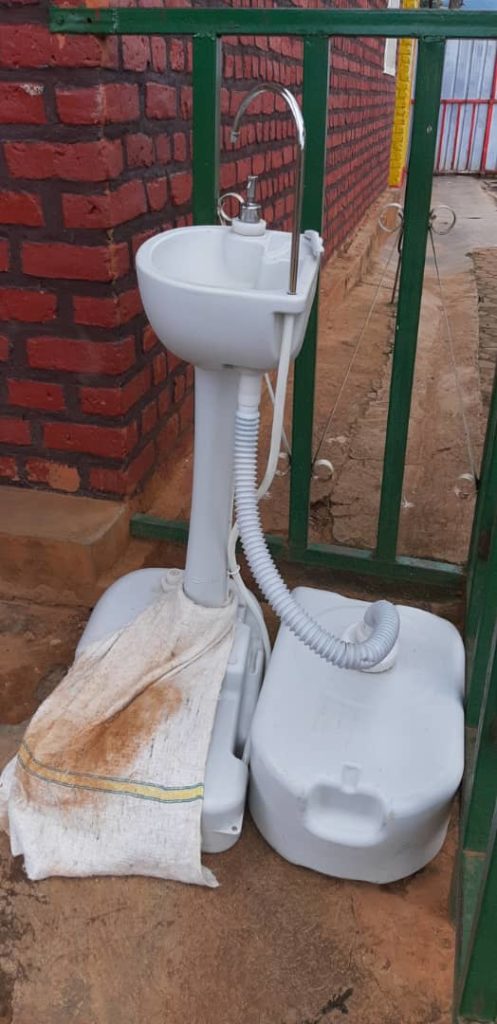

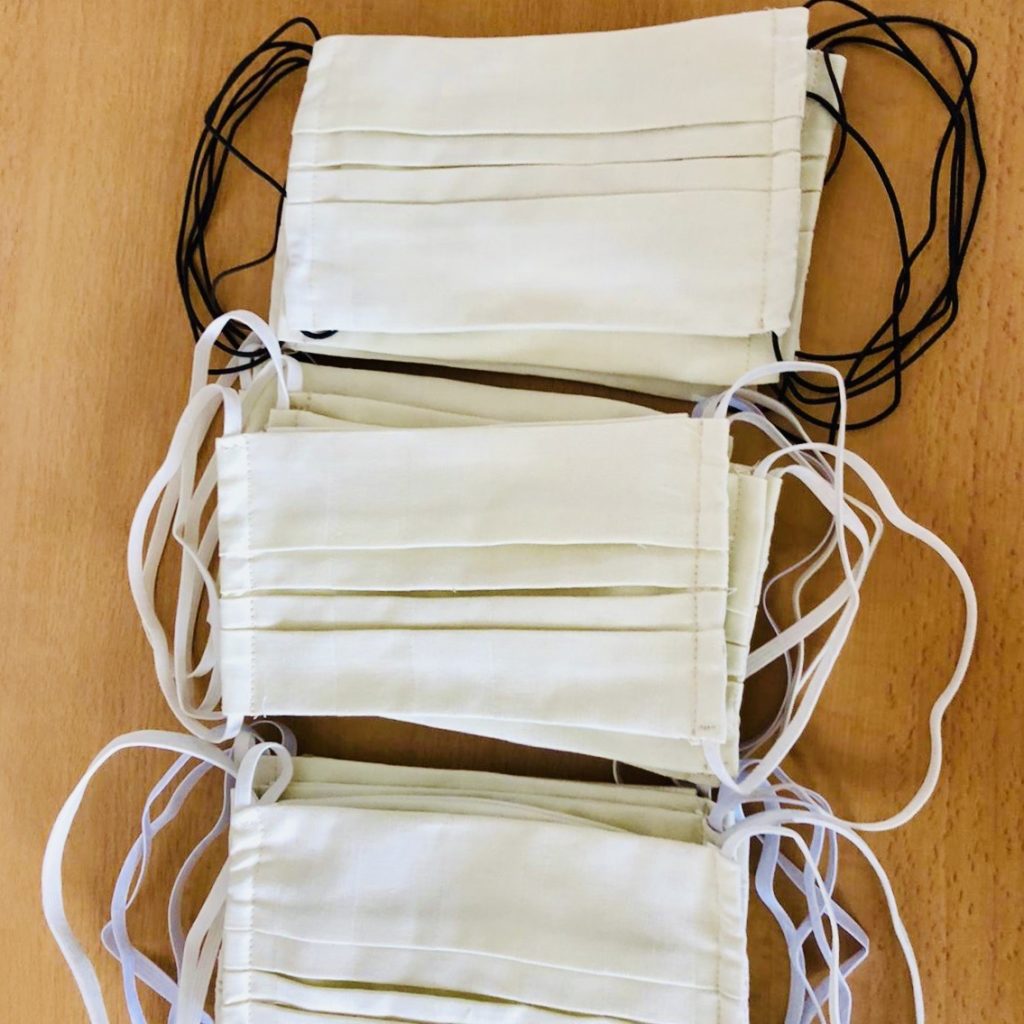
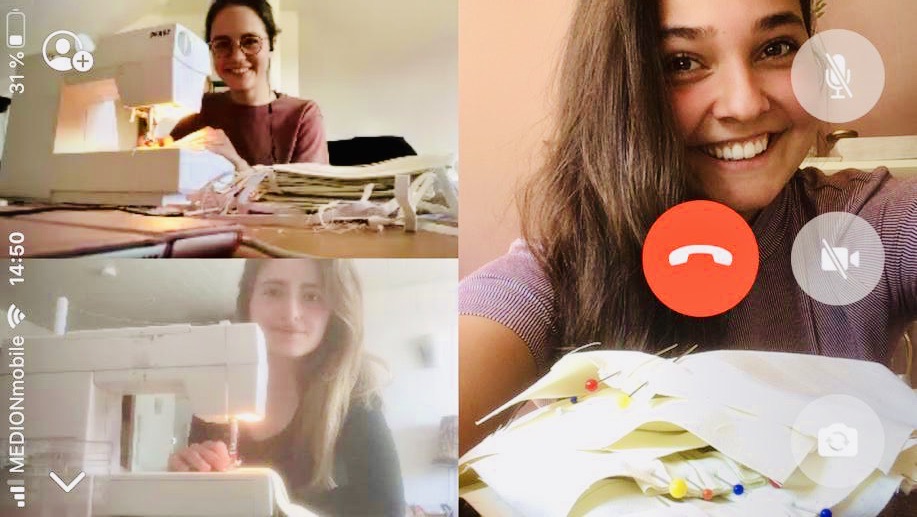






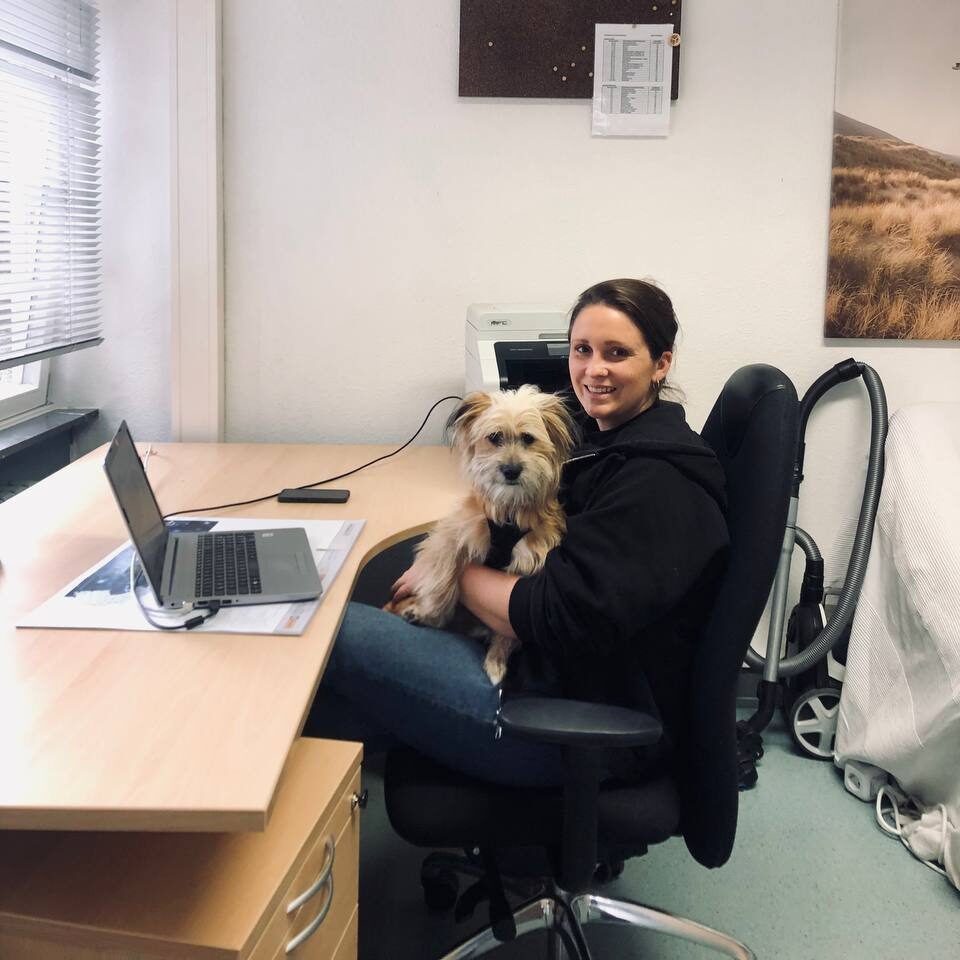

Kommentare